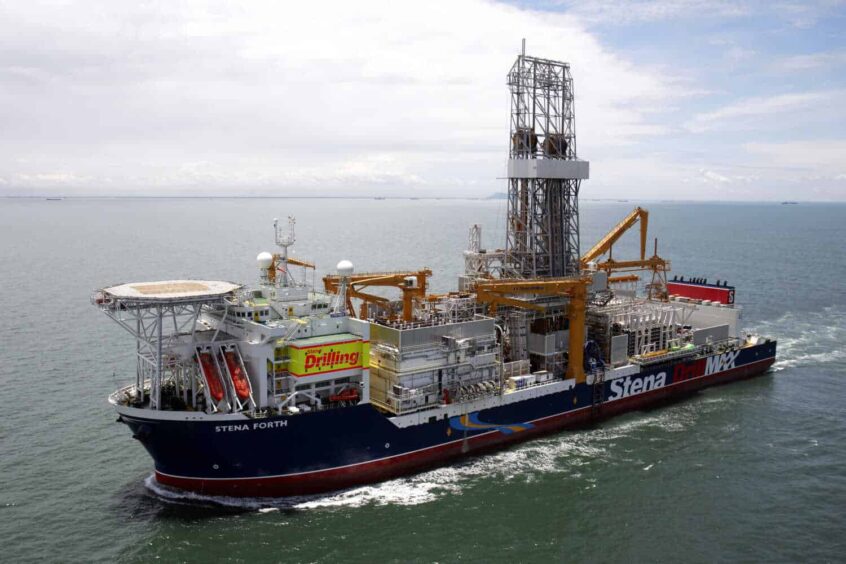
Cyprus may have knocked back Chevron’s development plan for the Aphrodite field, but results from drilling continue to drive hopes for the project.
Last week, Bloomberg reported Cypriot Minister of Energy, Commerce and Industry, George Papanastasiou as rejecting the export plan.
Partners in Aphrodite had been in talks with exports across the maritime border with Egypt. Gas would have gone from the field offshore Cyprus to the West Delta Deep Marine (WDDM) facilities. The Egyptian project export to global markets via local LNG facilities.
Chevron had argued that exports to Egypt would cut costs and accelerate the pace of development.
However, Papanastasiou argued the plan would not provide sufficient rewards for Cyprus. Negotiations may take up to 30 days.
NewMed Energy, which also has a stake in the project, said Cyprus had invited Aphrodite partners to “continue the discussions on the matter in early September”.
The Israeli company said Cyprus had a number of reasons for rejecting the plan. These include claims of increased technical and commercial complexity, while not providing enough benefits.
Legal implications
NewMed said the partners, and their legal advisors, would “consider the implications of the said decision of the government of Cyprus, and prepare for the continued discussions on the matter with the representatives of the government of Cyprus”.
Chevron has a 35% stake in Block 12, which holds Aphrodite. Shell has 35% and NewMed has 30%.
Commenting to Energy Voice, a Chevron representative said the company valued its relationship with Cyprus and other partners.
“We believe it is important that Aphrodite is expeditiously developed for the benefit of Cyprus, the Eastern Mediterranean region and European and other international markets,” the official said. “Beyond this, it is not Chevron policy to comment on commercial matters.”
Drilling works
The partners completed drilling on the A-3 well in July, using the Stena Forth drillship. The Chevron representative confirmed the appraisal work was completed and said the well had “met our expectations”.
The Stena Forth is now working offshore Egypt.
Noble Energy drilled the original discovery well, A-1, in 2011, with an appraisal in 2013. Before drilling the A-3 well, Aphrodite was reported to hold 124 billion cubic metres of gas.
A previous Cypriot minister was more open to exports of gas via Egypt. In 2018, the then energy minister Yiorgos Lakkotrypis signed a deal with Egypt on exports via pipeline.
Pressure has been growing on the Cypriot government to increase local benefits, particularly given high electricity prices.
Speaking at a conference last week, Papanastasiou said power prices in Cyprus were 0.35-0.4 euros per kWh, while in the rest of Europe this is around 0.15 euros.
Cyprus President Nikos Christodoulides, speaking in May, said gas should come onshore. Cyprus plans to capture gas from the East Mediterranean for local power generation, while an LNG plant can be built in parallel at Vasilikos. This is also the site where Cyprus is due to begin importing LNG in 2024, via an FSRU.
Christodoulides talked about the “Cyprus Gateway”, which will help companies leverage “knowledge and expertise and monetising gas resources, through transportation and liquefaction of gas in Cyprus”.

